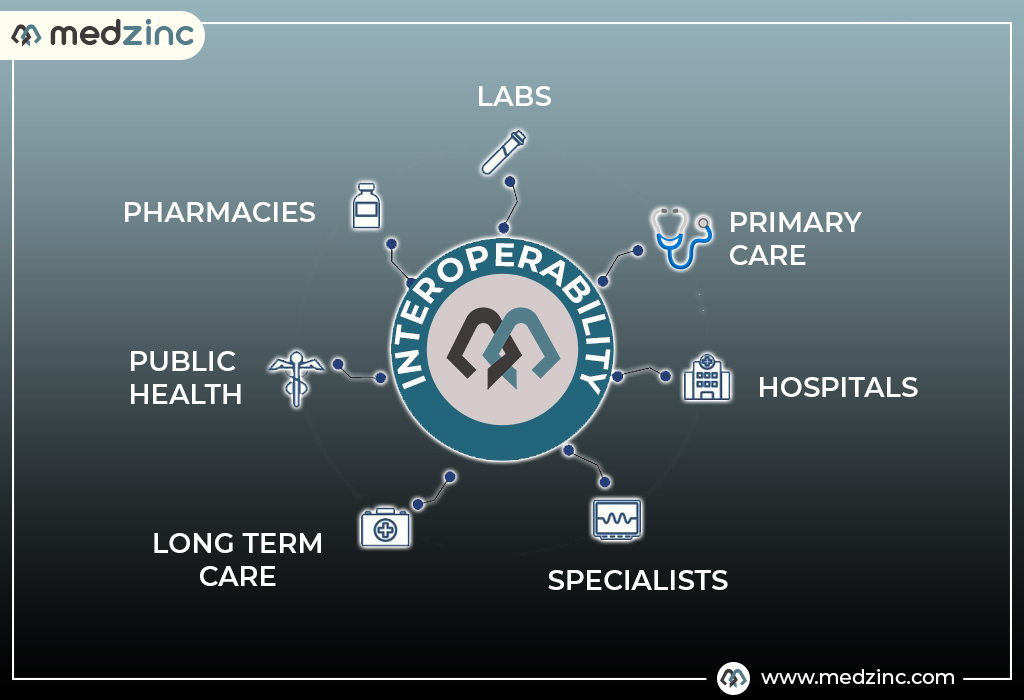
Health Data Interoperability
The health care system is full of information. Using this information it is easy to improve patient care. The problem with this information is that it exists in many different places and formats. This can make it difficult for patients, doctors and hospitals to access the information they need.
Why is health data interoperability important?
Health data interoperability is important because it improves patient care, research and public health. It also helps to improve efficiency and cost savings in the healthcare sector. Interoperability can be achieved through a variety of different mechanisms. These mechanisms include patient consent for sharing their data across providers or access to electronic health records through an open API so that other organizations can use this information. Informatics The importance of informatics in health data interoperability cannot be overstated. It is vital that healthcare professionals are able to access and use information from other sources, including electronic records, clinical trials databases and big data repositories. Data sharing is another important aspect of health informatics. Healthcare professionals need access to this information. This helps them to make better decisions for treatment strategies and care plans for patients. Data aggregation can help improve outcomes by providing summaries of all available data sets in one place.
Data Exchange
Data exchange is the process of sharing information between two or more parties. Data exchanges can be informal and unstructured. Data exchanges occur between individuals, companies, organizations and governments on a daily basis. Data exchange is an integral part of medical research because it allows researchers to share their findings with one another quickly and easily without having to rely on cumbersome methods such as faxes or phone calls (where you might have heard something like "you didn't call me back"). This allows them more time for other aspects such as improving their research methods themselves!
Why allowing health data interoperability is essential?
Health data interoperability is an essential component of modern health care, and it's important to note that this concept extends beyond just sharing patient records. Moreover, interoperability allows for more effective and efficient use of resources across different systems by improving communication between providers, payers and patients. It's also critical for improving outcomes for patients suffering from chronic illnesses like heart failure or diabetes mellitus type 2 (DM2). DM2 affects nearly 20 million Americans—and those who have it often need multiple medications to manage their symptoms. However, these medications may not work together as well as they should when administered by different providers or pharmacies due to potential differences in how each one interacts with the body.
Conclusion
The health data interoperability movement is one of the most exciting developments in healthcare. It’s going to change the way we treat patients. By allowing sharing of medical and health records with different providers, doctors can access relevant information that they need. This will help them make better decisions about their treatment options. Also, the researchers will have access to more comprehensive patient datasets. If you're interested in reading more about what's happening with our company please check out our website at www.medzinc.com.
Related Post
No results.